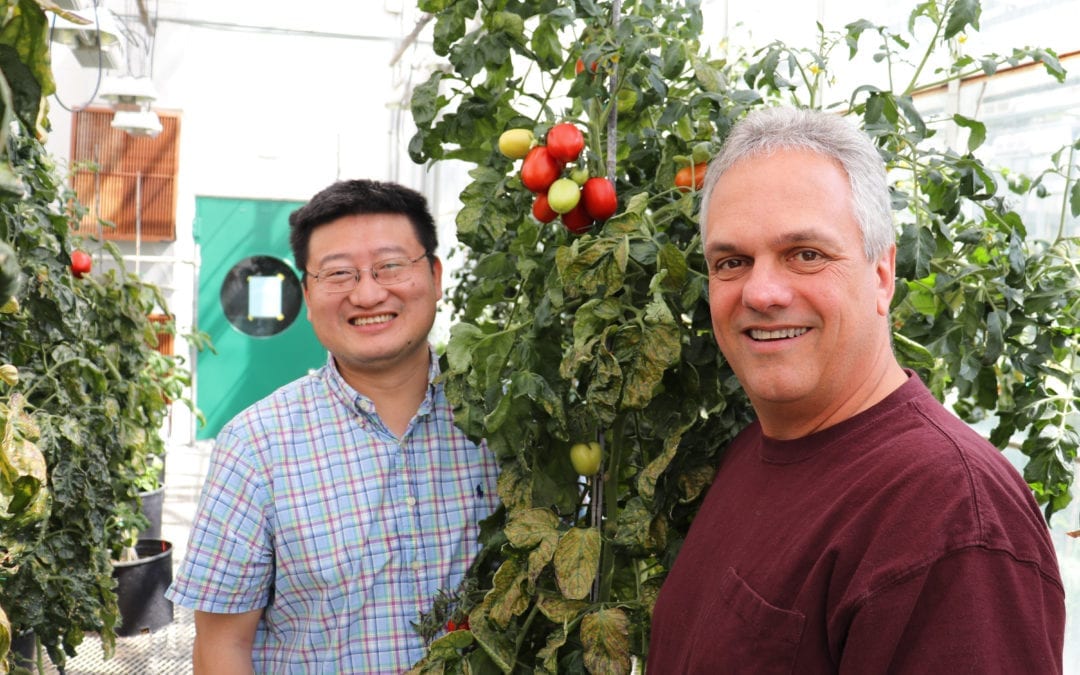


BTI’s Maria Harrison Elected to National Academy of Sciences
Maria Harrison, William H. Crocker Professor at Boyce Thompson Institute and Adjunct Professor in the School of Integrative Plant Science (SIPS) at Cornell University, has been elected to the National Academy of Sciences. Harrison is one of 100 new members announced...
BTI’s Big Red Anniversary: 40 Years at Cornell
The Boyce Thompson Institute of Corvallis, Oregon? It almost happened. April 24 will mark the 40th anniversary of the dedication ceremony for BTI’s current facilities on the Cornell University campus in Ithaca, NY. The Institute’s researchers and staff will celebrate...
Inaugural BTI Alumni Recognition Awards
It is with great enthusiasm and pride that Boyce Thompson Institute (BTI) will recognize the first recipients of BTI’s Alumni Recognition Awards during the 2019 PGS Career Symposium on April 26, 2019. Several highly qualified individuals were nominated for the...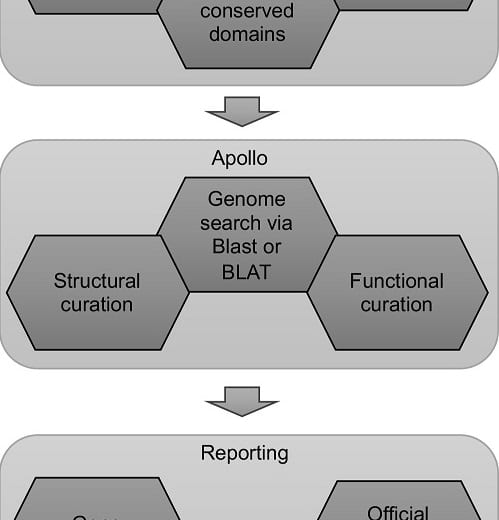
A universal framework combining genome annotation and undergraduate education
As genome sequencing becomes cheaper and faster, resulting in an exponential increase in data, the need for efficiency in predicting gene function is growing, as is the need to train the next generation of scientists in bioinformatics. Researchers in the lab of Lukas...
BTI Promotes Faculty Member Fei
David Stern, president of the Boyce Thompson Institute (BTI), is delighted to announce that faculty member Zhangjun Fei has been promoted to Full Professor on February 27, 2019. Fei was evaluated on his achievements to date and the potential he possesses. Fei has made...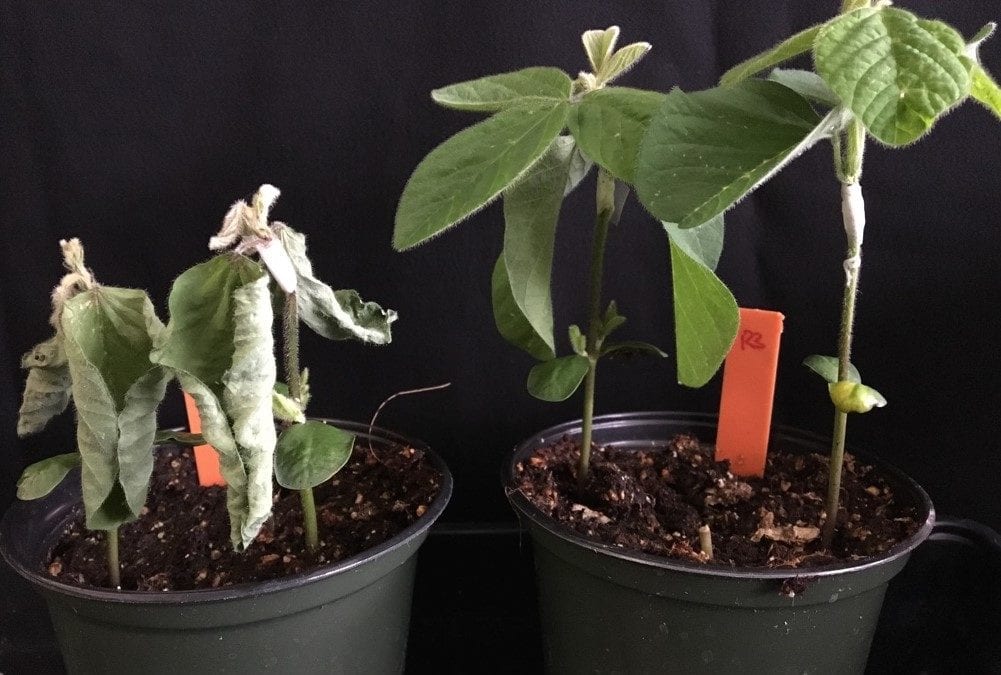
Ascribe Bioscience Receives SBIR Award from NSF
On January 29, 2019, Ascribe Bioscience became the first company based on technology developed at the Boyce Thompson Institute (BTI) to receive a Small Business Innovation Research (SBIR) grant. The agbiotech startup will use the $225,000 Phase I award from the...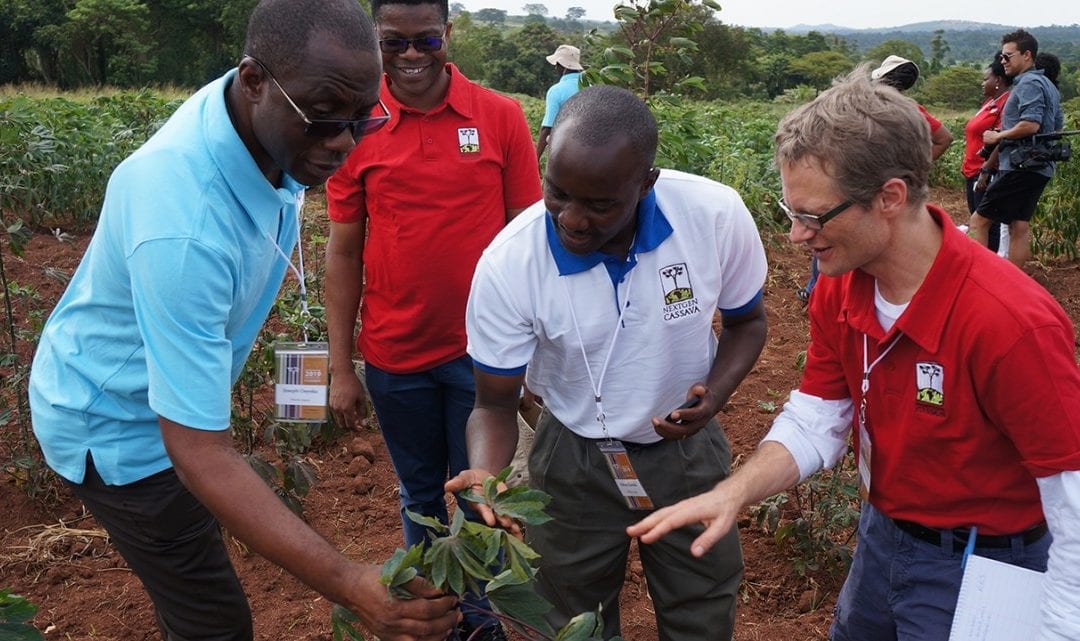
Cassava experts gather to champion ‘orphan crop’
It’s a dietary staple for millions of Africans, but cassava has traditionally received little attention from scientists and plant breeders in comparison to cash crops such as wheat and maize. However, researchers have recently been working to find cassava a scientific...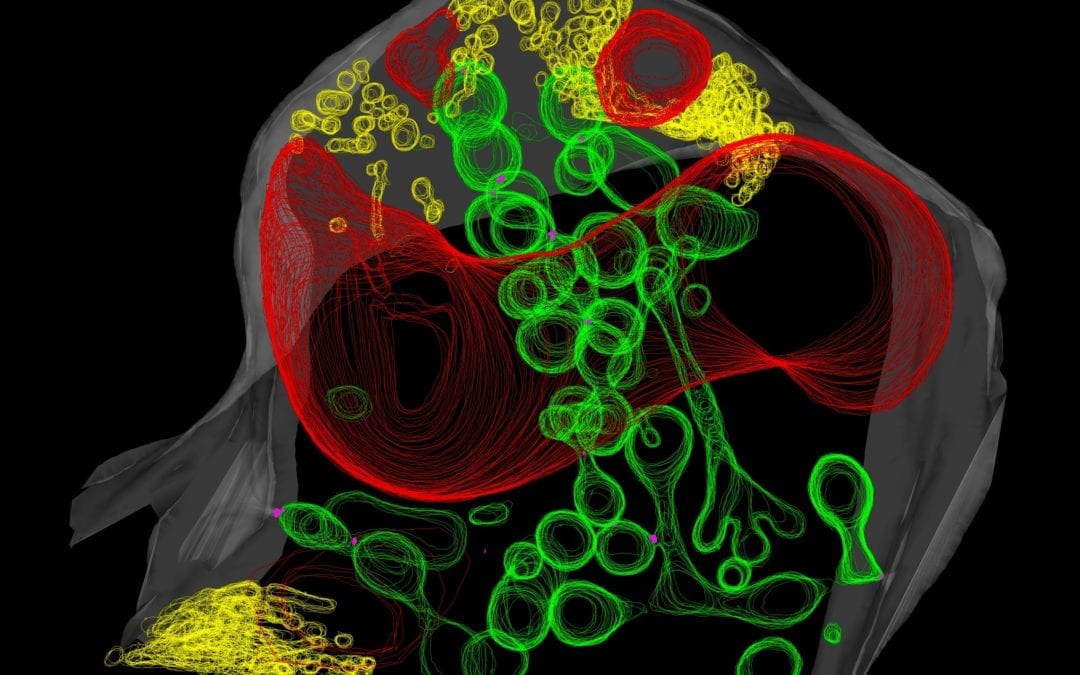
Plant–Fungal Interface Gets Tubular
For hundreds of millions of years, plants and fungi have formed symbiotic relationships to trade crucial nutrients, such as phosphate and fatty acids. This relationship is extremely important to the growth and survival of both organisms, and solving the mystery of how...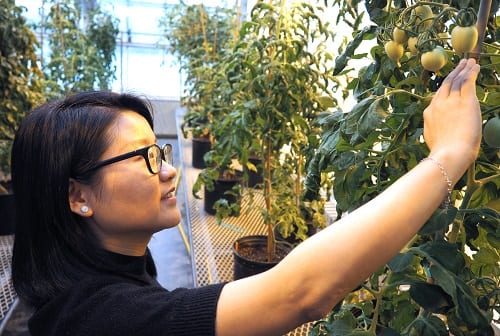
New CRISPR database to catalyze collaborations
Recently developed gene editing tools like CRISPR/Cas enable scientists to figure out the functions of myriad plant genes. While these studies could eventually lead to the creation of crops with improved traits like increased disease resistance or higher yield,...
Orange is the new white: New sweetpotato data is something to be thankful for
The genome sequences of I. trifida and I. triloba can be used as robust references to facilitate sweetpotato breeding. The genomic resources developed in this study set the stage for increased rates of genetic gains for key traits such as yield, resistance to disease, and high beta-carotene.
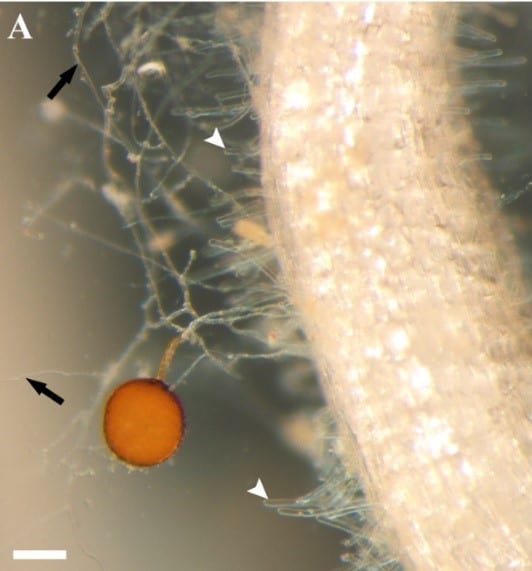
Back to our roots: Insights from genomes of a plant-associated fungus and its bacterial endosymbionts
In an article published this month in the journal New Phytologist, researchers at the Boyce Thompson Institute and the National Center for Genome Resources describe the genome sequences (DNA sequences), of the fungus Diversispora epigaea (formerly known as Glomus...
CRISPR tames the wild groundcherry
ITHACA, NY – You might not have heard of the groundcherry, or at least, never tasted one. But that could soon change thanks to research from the Van Eck Laboratory at Boyce Thompson Institute (BTI). The groundcherry (Physalis pruinosa) is approximately the same size...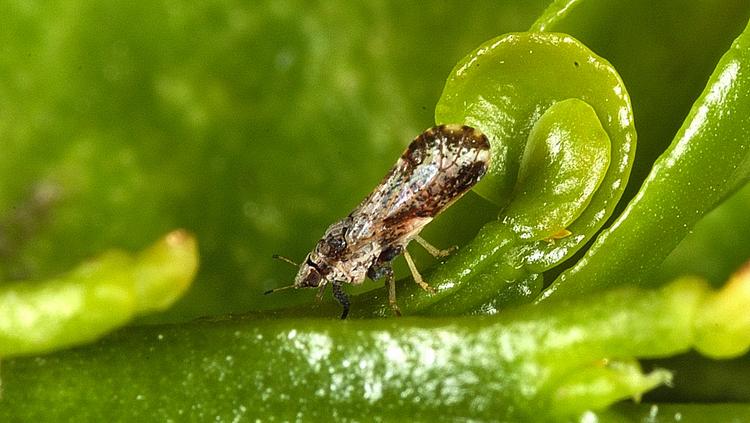
Blood, sweat and tears: All in a day’s work fighting citrus greening disease
Around this time last year, PhD student Angela Kruse and postdoctoral scientist Dr. John Ramsey were huddled over microscopes, using tiny needles to painstakingly extract blood, also known as hemolymph, from 300 Asian citrus psyllids – insects about the size of...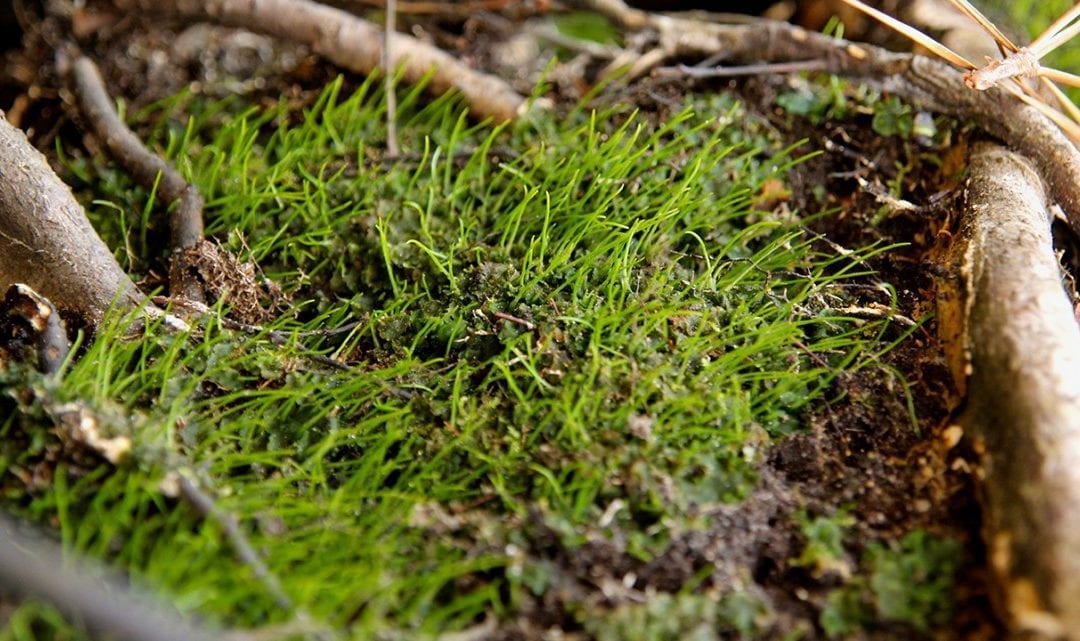
NSF awards BTI $1M to study plant-bacteria symbiosis
Professor Dr. Fay-Wei Li has been awarded a $1.1 million NSF grant to study hornwort/bacteria symbiosis. The hornwort plant relies on nitrogen-fixing soil bacteria to give it life and unlocking the secrets to how that works may help reduce agricultural dependence on...
BTI promotes faculty members Schroeder and Van Eck
Boyce Thompson Institute president, David Stern, has officially announced promotions for faculty members Frank Schroeder and Joyce Van Eck. Both researchers were thoroughly reviewed and evaluated on both their achievements to date and the potential they possess.

Boyce Thompson Institute leadership provides scholarships to students pursuing degrees in STEM
The Boyce Thompson Institute (BTI) is honored to announce the awarding of four, $1,000 scholarships to first-generation college students from Groton, Ithaca, Lansing and Newfield. One student from each school was chosen based on their intention to study a STEM-related...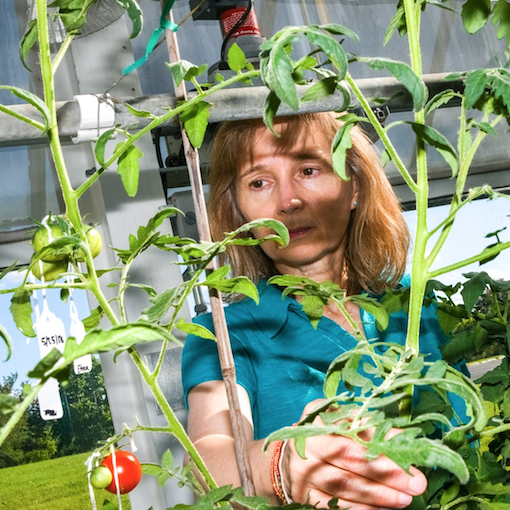
CRISPR can speed up nature—and change how we grow food
BTI Associate Professor Joyce Van Eck’s gene editing research is the featured cover story of the August 2018 edition of WIRED Magazine.
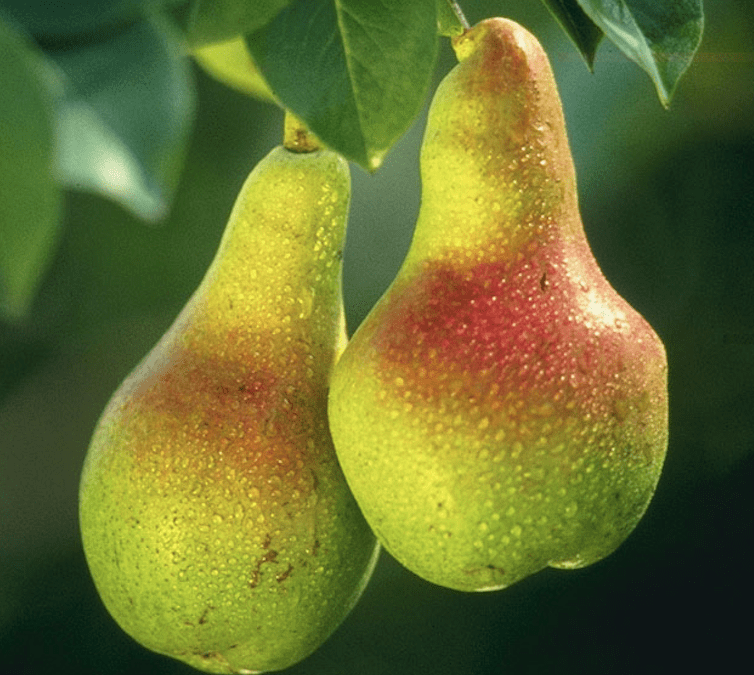
Pear genomes show evidence of independent domestication in Asia and Europe
Researchers from the Boyce Thompson Institute (BTI) and partnering institutions in China, the U.S., and New Zealand, report their findings on the domestication of the pear in Genome Biology.
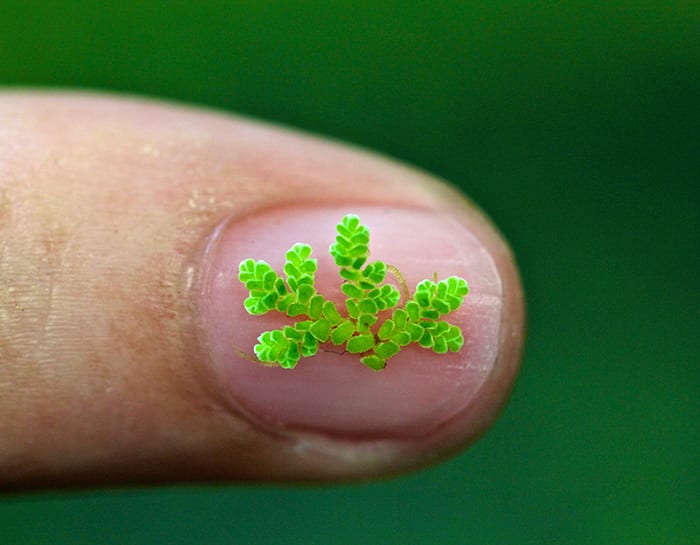
Fern-tastic! Crowdfunded fern genomes published in Nature Plants
With crowdfunded support, researchers have sequenced the first two fern genomes ever. Their results, including the discovery of an ancient gene transfer and novel symbiosis mechanisms, appear this month in Nature Plants.

Science, art and wine collide: Art@BTI to showcase local photography, food system research
The Boyce Thompson Institute (BTI) invites the Ithaca community to Art@BTI, a free event where art, science, and wine will collide. Art@BTI will take place on Thursday, May 31st from 5:00 to 7:00pm.
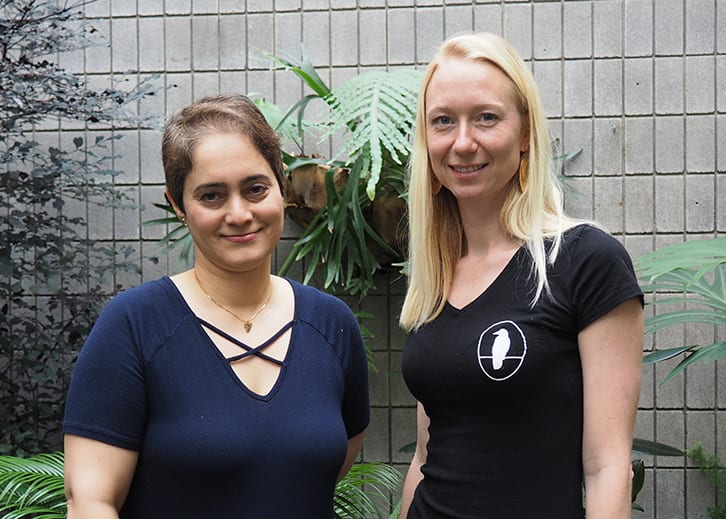
BTI scientists win awards at annual Northeast ASPB meeting
Two researchers from the Boyce Thompson Institute earned 1st place honors at the 2018 Northeast ASPB Section annual meeting. The meeting was hosted by the University of Massachusetts, Amherst, and the theme was Translational Research for Improving Crop Productivity.

Jim Giovannoni appointed Director of USDA-ARS Robert W. Holley Center
Boyce Thompson Institute (BTI) professor Jim Giovannoni has been appointed as the Director of the USDA-ARS Robert W. Holley Center for Agriculture and Health (RHCAH), effective April 15, 2018.
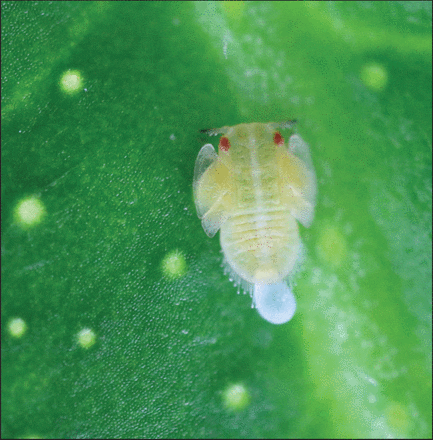
Research reveals a new direction for halting the citrus greening epidemic
New clues to how the bacteria associated with citrus greening infect the only insect that carries them could lead to a way to block the microbes’ spread from tree to tree, according to a study in Infection and Immunity by scientists at Boyce Thompson Institute (BTI) and the Agricultural Research Service (ARS).
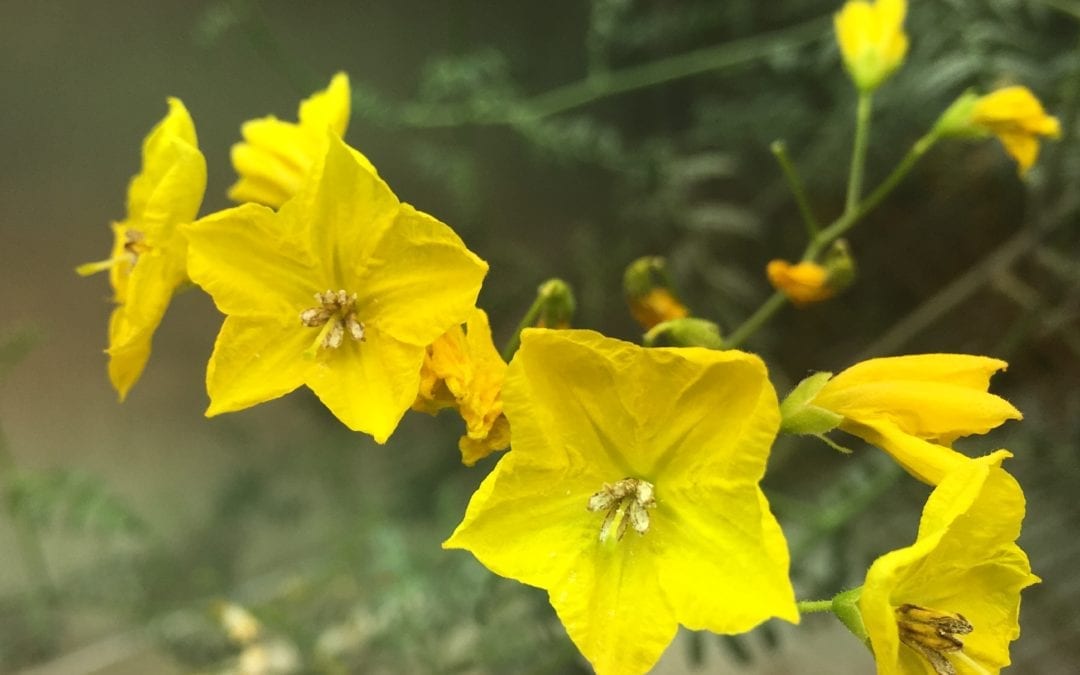
Open-access wild tomato genome offers valuable insights for tomato growers, crop scientists
The new S. lycopersicoides genome sequence offers the opportunity for innovative breeding programs that may hold the ability to confer desirable traits to marketable tomato varieties.
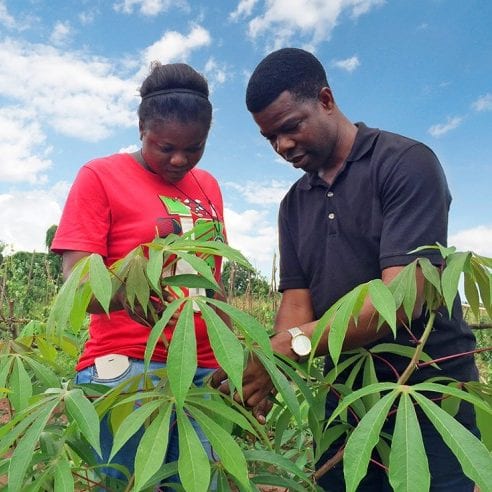
New funding supports cassava development in Africa
Cornell University and BTI will expand international efforts to deliver improved varieties of cassava to smallholder farmers in sub-Saharan Africa with $35 million in new funding from the Bill & Melinda Gates Foundation and UK aid in the United Kingdom.
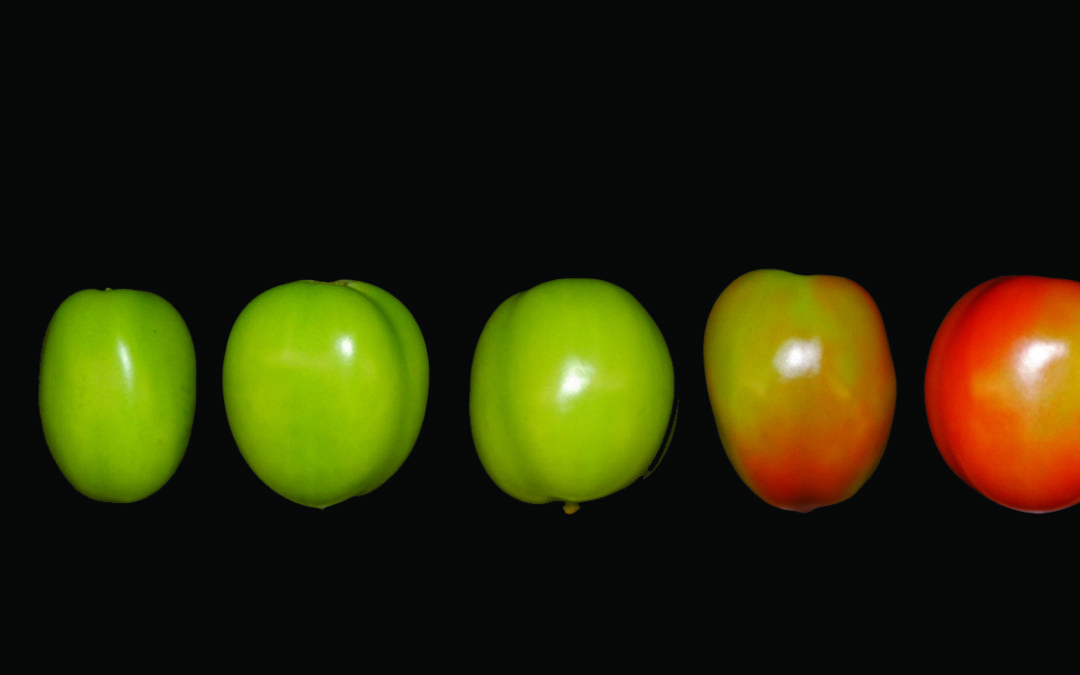
New ‘Tomato Expression Atlas’ dives deep into the fruit’s flesh
Researchers at BTI, Cornell and USDA published a spatiotemporal map of gene expression across all tissues and developmental stages of the tomato fruit – the genetic information underlying how a fruit changes from inside to out as it ripens. Their data is available in the new Tomato Expression Atlas (TEA).
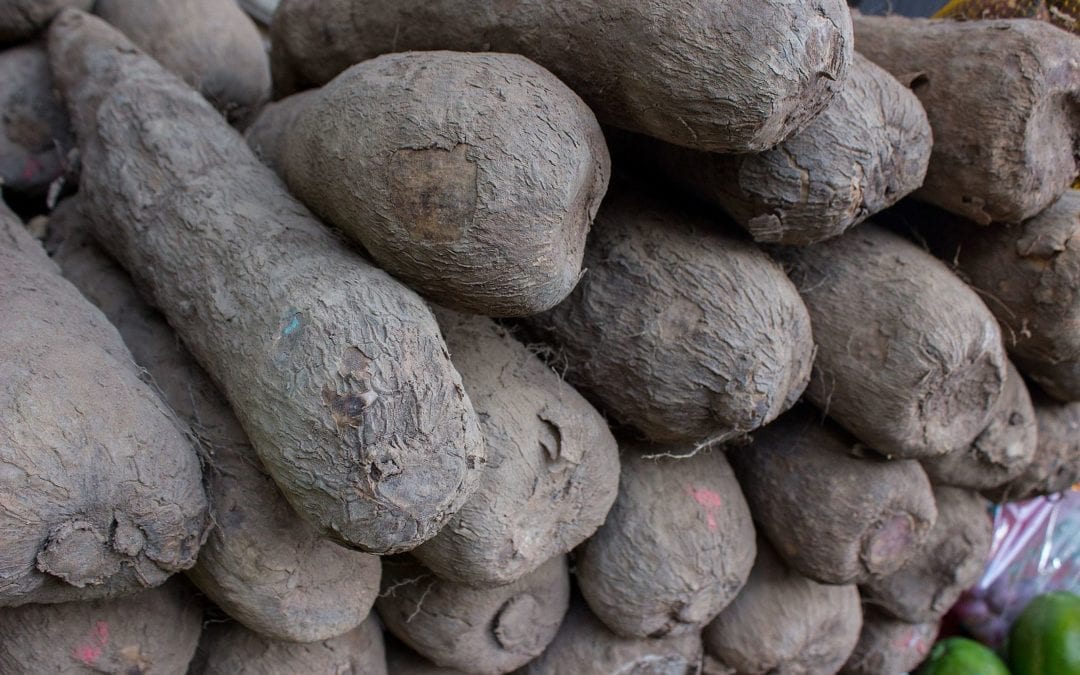
Better breeders, better yams: YamBase workshops help improve yam breeding
More than 70 participants joined in on the training sessions provided by members of BTI’s Mueller Lab, October-December 2017.
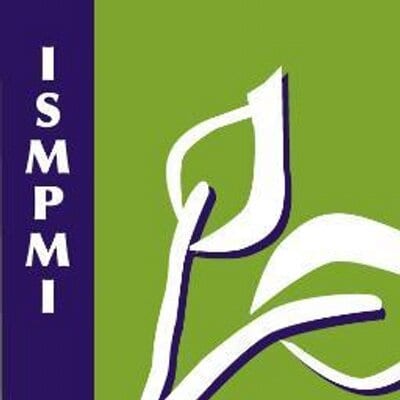
Maria Harrison featured in interview with International Society for Molecular Plant-Microbe Interactions
In this IS-MPMI’s interview with Kevin Cope (University of Wisconsin-Madison), Maria Harrison discusses her research on arbuscular mycorrhizal fungi and provides advice to young scientists entering the field.

Maria Harrison, consortium of scientists receive $5 million grant to study genes that help legumes access soil nutrients
BTI’s Harrison lab will develop Medicago truncatula mutants to identify the function of genes predicted to be important in nitrogen fixation in legumes.
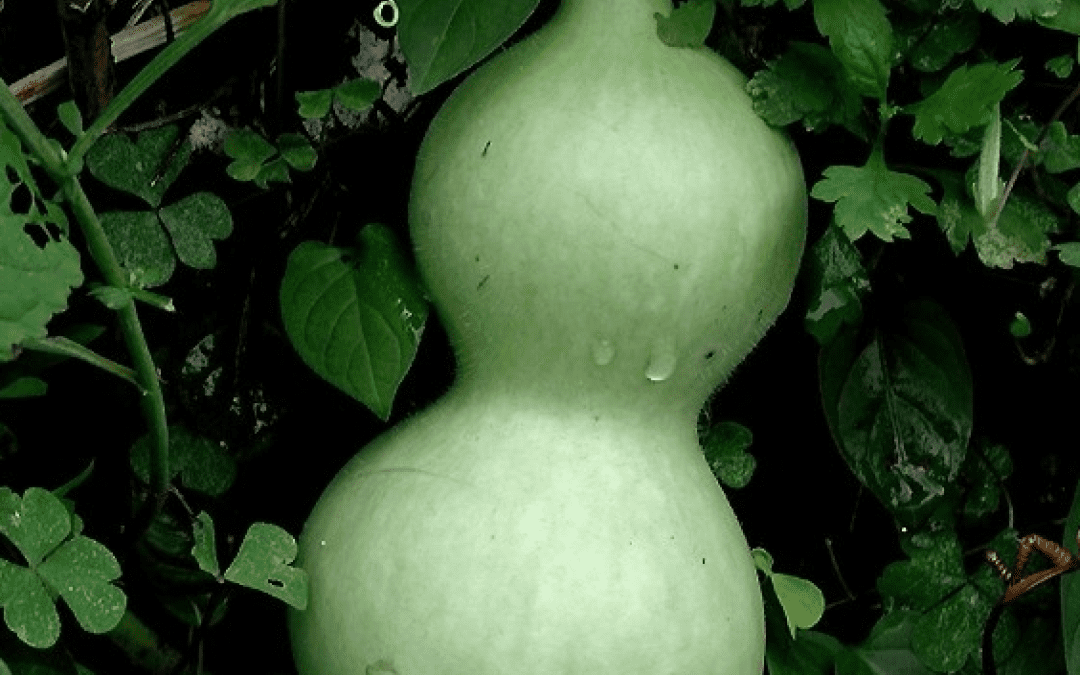
Bottle gourd genome provides insight on evolutionary history and genetic relationships of cucurbit crops
In their findings, researchers compared the sequenced bottle gourd genome to those of other cucurbit species, allowing them to reconstruct the ancient genomic history of the Cucurbitaceae family.

Pumpkin genomes sequenced revealing uncommon evolutionary history
For some, pumpkins conjure carved Halloween decorations, but for many people around the world, these gourds provide nutrition. Scientists at Boyce Thompson Institute (BTI) and the National Engineering Research Center for Vegetables in Beijing have sequenced the genomes of two important pumpkin species, Cucurbita maxima and Cucurbita moschata.
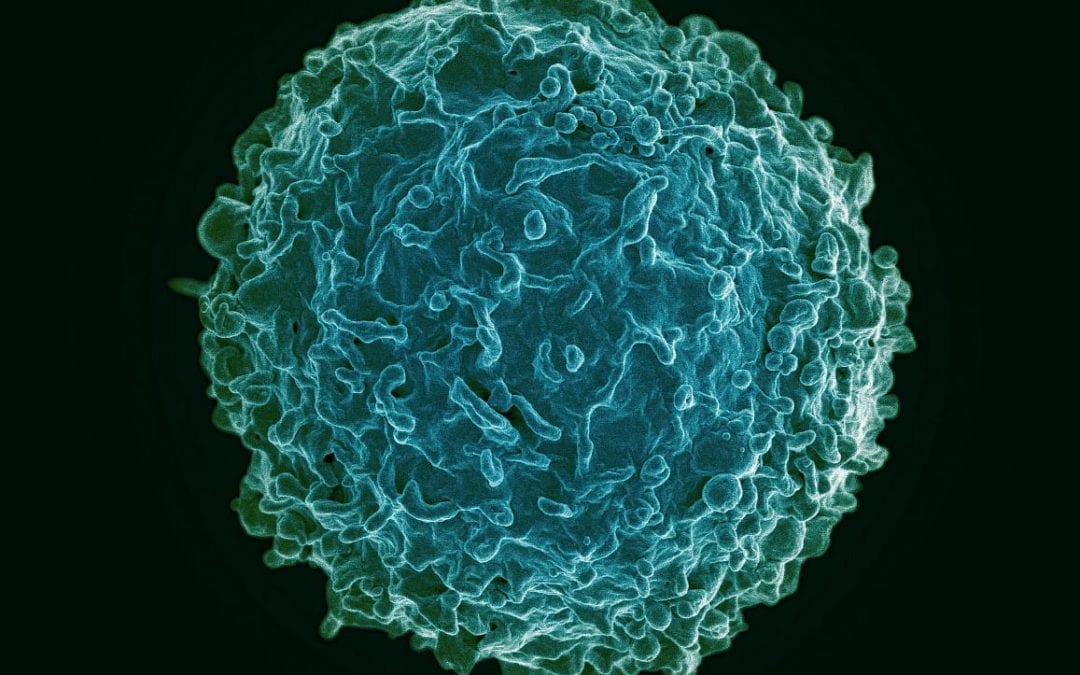
$9.4M NIH grant funds chronic fatigue syndrome center
Cornell will receive close to $9.4 million over five years to establish the Cornell Myalgic Encephalomyelitis/Chronic Fatigue Syndrome Collaborative Research Center, which will span Cornell’s Ithaca campus, Weill Cornell Medicine, Ithaca College, the Boyce Thompson Institute [Schroeder Lab], the Workwell Foundation, EVMED Research, the SOLVE ME/CFS Initiative and private ME/CFS medical practices.
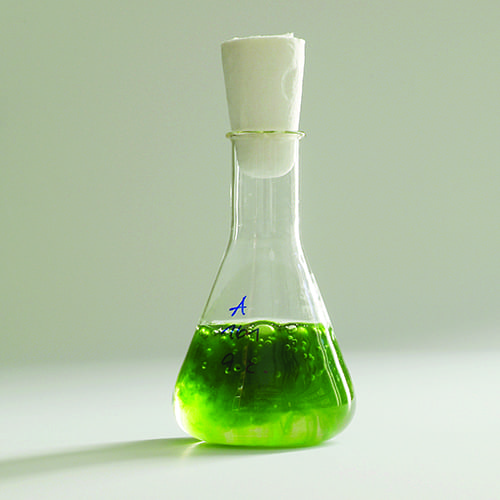
Bioreactors on a chip renew promises for algal biofuels
This week, researchers from Boyce Thompson Institute and Texas A&M University report in Plant Direct exciting new technology that may revolutionize the search for the perfect algal strain: Algal droplet bioreactors on a chip.
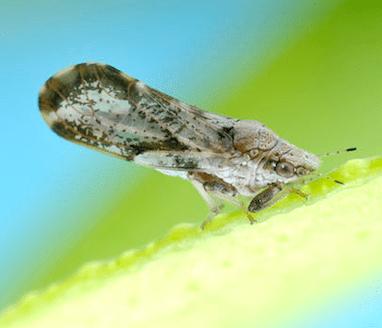
International team collaborates to decipher the Asian citrus psyllid genome
BTI’s Mueller and Heck Labs, in collaboration with 21 partner institutions, recently published a draft assembly and annotation of the D. citri genome.
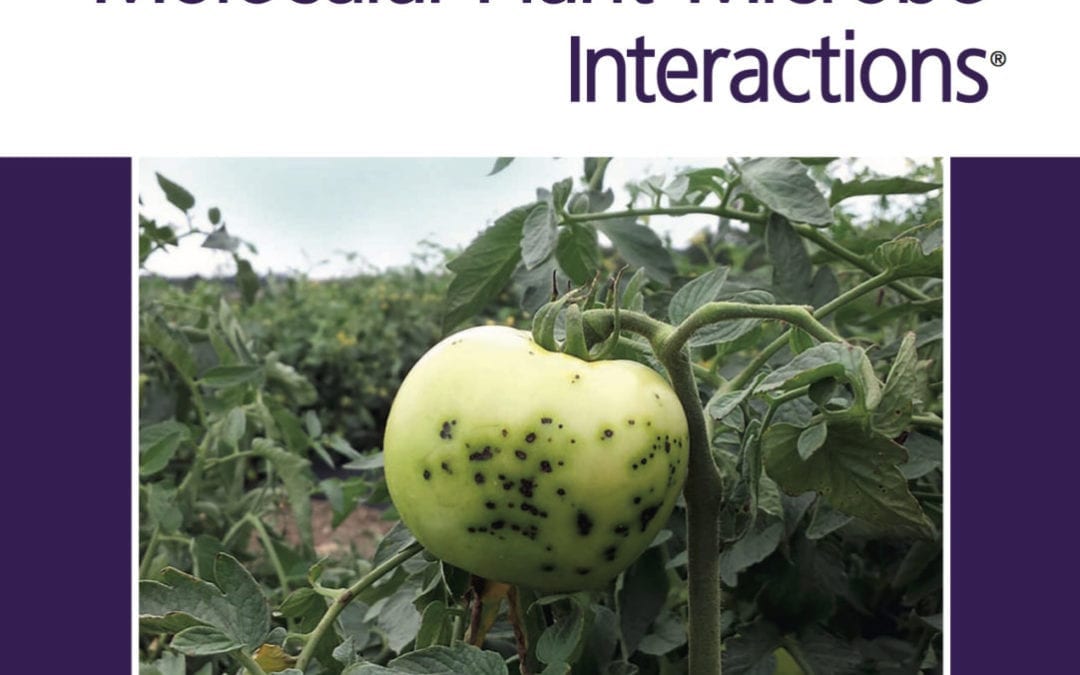
Hot tomatoes! MPMI Cover features BTI research
This month, the cover of Molecular Plant-Microbe Interactions features a publication by Simon Schwizer from the Martin Lab at BTI that furthers our understanding of how tomatoes are able to resist infection by Pseudomonas syringae, the causal agent of bacterial speck, a common disease in upstate NY.
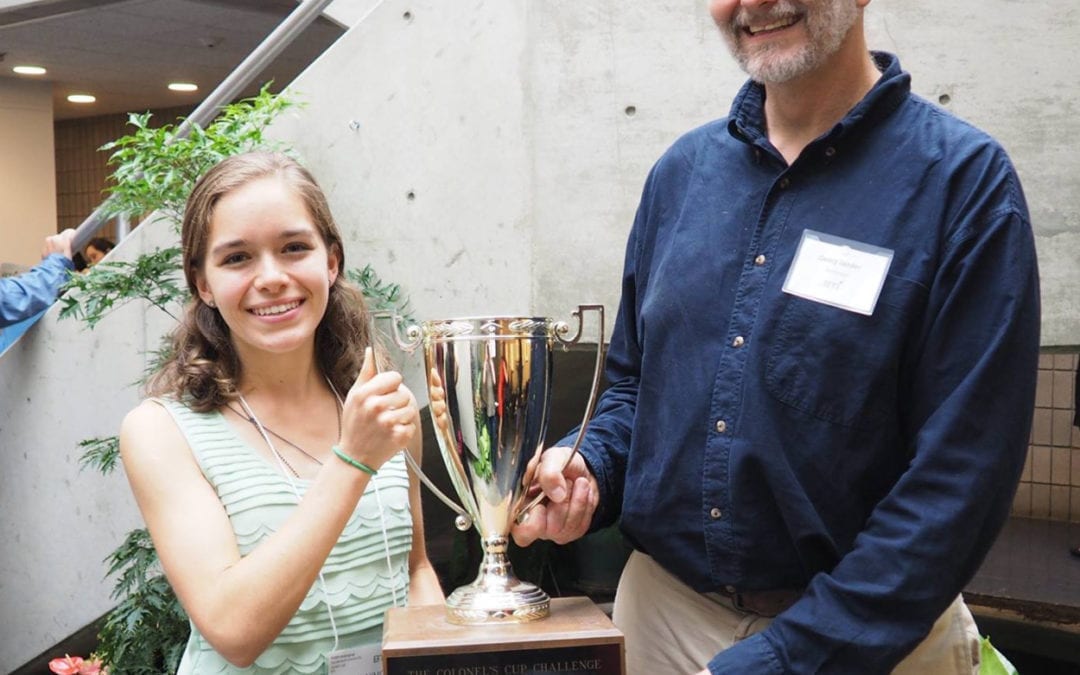
2017 PGRP Symposium marks finale of intern researchers’ summer
Now in its 16th year, BTI’s annual PGRP symposium provides a means for student interns to to present their findings in a professional, engaging setting.
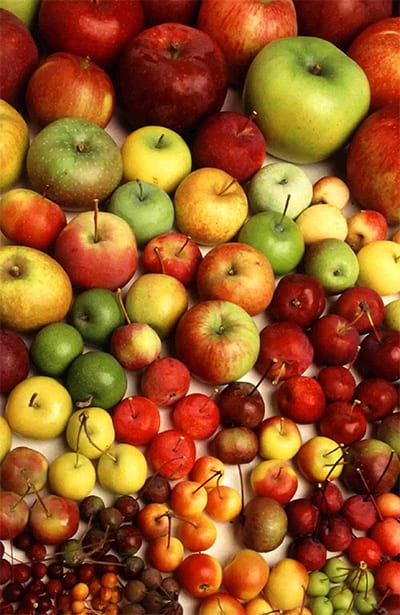
New genomic insights reveal a surprising two-way journey for apple on the Silk Road
New research out of Boyce Thompson Institute reveals surprising insights into the genetic exchange along the Silk Road that brought us the modern apple.

Science In Real Life: GMOs with the Van Eck Lab
Follow Science In Real Life (IRL) as they head to the Van Eck Lab and demystify GMOs by showing how they’re made in the lab.

BTI Receives DARPA “Insect Allies” Award to Develop Viruses and Insects for Maize Improvement
The research project, titled Viruses and Insects as Plant Enhancement Resources (VIPER), is supported by the Defense Advanced Research Projects Agency (DARPA) Insect Allies program.
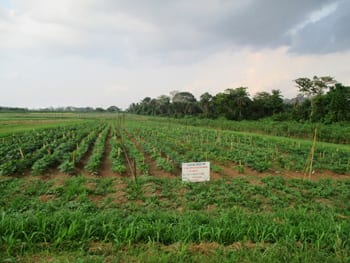
BTI’s Mueller Lab and visiting researchers collaborate to improve important crop databases
During June and July at BTI, visiting scholars from crop breeding programs in Nigeria, Nairobi, and Uganda have been working closely with researchers in Lukas Mueller’s group to discuss ways to improve the development of online resources related to two of Africa’s most important staple crops: cassava and banana.

Georg Jander receives $1 million NSF EDGE award to develop genomic tools for studying milkweed
BTI’s Georg Jander is leading one of eight research groups selected to receive awards through the Enabling Discovery through Genomic Tools (EDGE) program, overseen by the National Science Foundation’s (NSF’s) Biological Science Directorate.
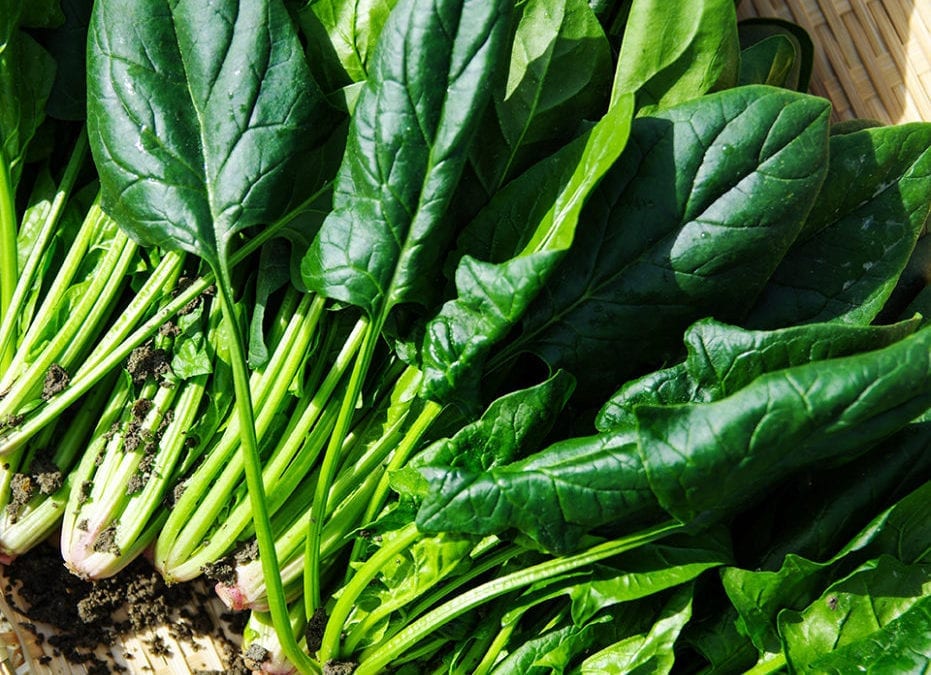
Newly-published spinach genome will make more than Popeye stronger
Today in Nature Communications, researchers from BTI and the Shanghai Normal University report a new draft genome of Spinacia oleracea, better known as spinach. Additionally, the authors have sequenced the transcriptomes (all the RNA) of 120 cultivated and wild spinach plants, which has allowed them to identify which genetic changes have occurred due to domestication.
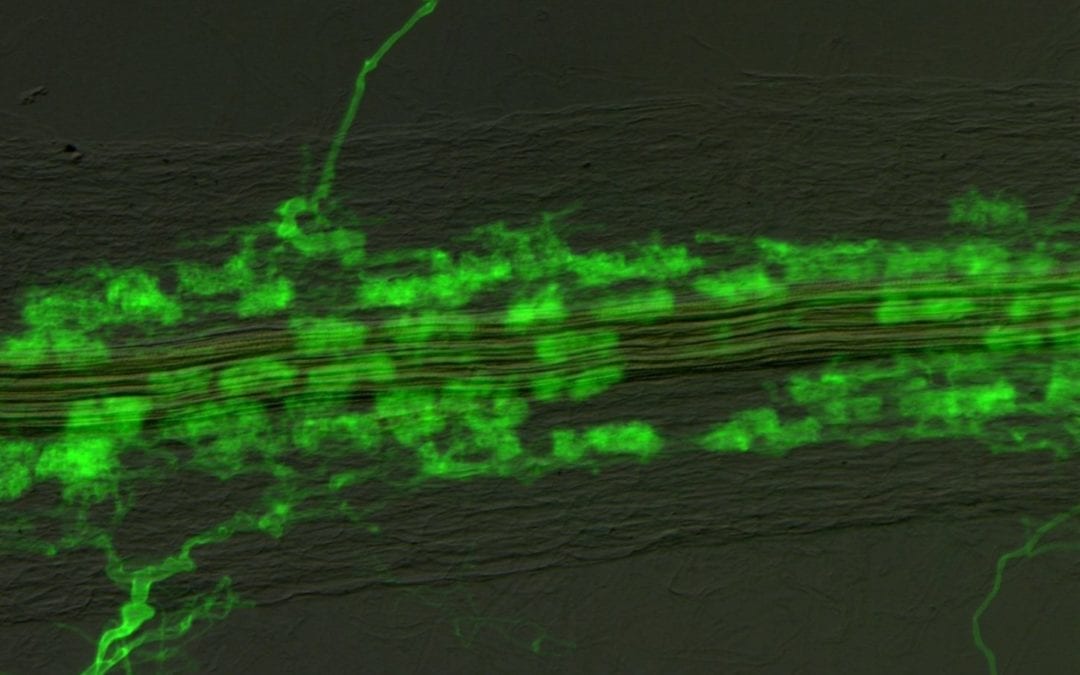
400 million years of a stable relationship: clues to the molecular basis of balance in AM symbiosis
Researchers from the Harrison lab at BTI have identified a transcriptional program that drives arbuscule degeneration during AM symbiosis. This regulation of arbuscule lifespan has likely contributed to the 400MY stability of the symbiosis by preventing the persistence of fungal cheaters.
Feeding fat to fungi: evidence for lipid transfer in arbuscular mycorrhiza
Researchers from the labs of Dr. Maria Harrison at the Boyce Thompson Institute and Dr. Peter Dörmann at the University of Bonn have produced the first experimental evidence to suggest that AM fungi also get lipids from the plant. AM-induced FatM and RAM2 may play specific roles in the biosynthesis of 16:0 βMAG, which cannot be produced by the fungus, providing a clue to understanding the obligate nature of AM fungi.
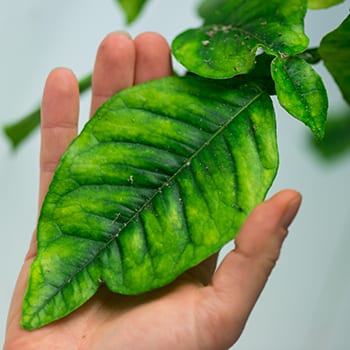
Blue-bellied insects may play a role in fight against citrus greening
New research finds that the Asian citrus psyllid responds to the citrus greening bacterium by producing an oxygen-transporting protein called hemocyanin. The protein not only turns them blue, but suggests that they are trying to fight off the infection.
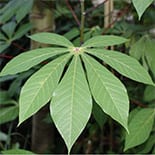
Global partnerships for improving cassava
Cassava geneticist Ismail Yusuf Rabbi from the International Institute of Tropical Agriculture (IITA) in Ibadan, Nigeria visited BTI and Cornell University last week to discuss his ongoing collaboration with NextGen Cassava.

BTI researchers share latest research at ag-genomics conference
The offices of data scientists at BTI emptied out earlier this month as a contingent of researchers flew to San Diego for the 25th annual Plant and Animal Genome Conference.

Cilia receives Presidential Early Career Award
Michelle Cilia has been selected to receive a Presidential Early Career Award for Scientists and Engineers (PECASE), which recognizes outstanding, government-funded scientists who show great potential for becoming leaders in their field and for expanding the frontiers of scientific knowledge.

Genetic changes in tomatoes may help crops produce early and often
Cultivating a disregard for day length enabled humans to introduce tomatoes to the Mediterranean region.
